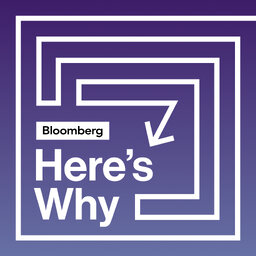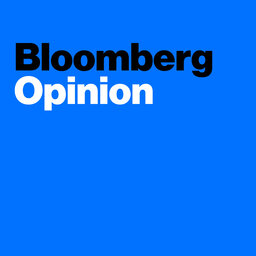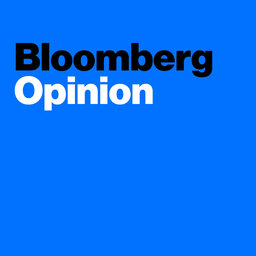House on Fire
Republicans elected a House Speaker. Although Kevin McCarthy seems secure in the role, for now, Bloomberg Opinion columnist Jonathan Bernstein believes there's more instability to come. And Bloomberg's John Liu examines China's geopolitical and economic risks.
In 1 playlist(s)
Bloomberg Opinion
Deeper conversations on the week's most significant developments. Tune in and join in!Social links
Follow podcast
Recent clips

Introducing 'Here's Why' - Complex News Stories Explained
00:30

Airline Mergers and Restaurant Loyalty
35:20

Fossil Fuel Use and Drug Development
35:28
 Bloomberg Opinion
Bloomberg Opinion